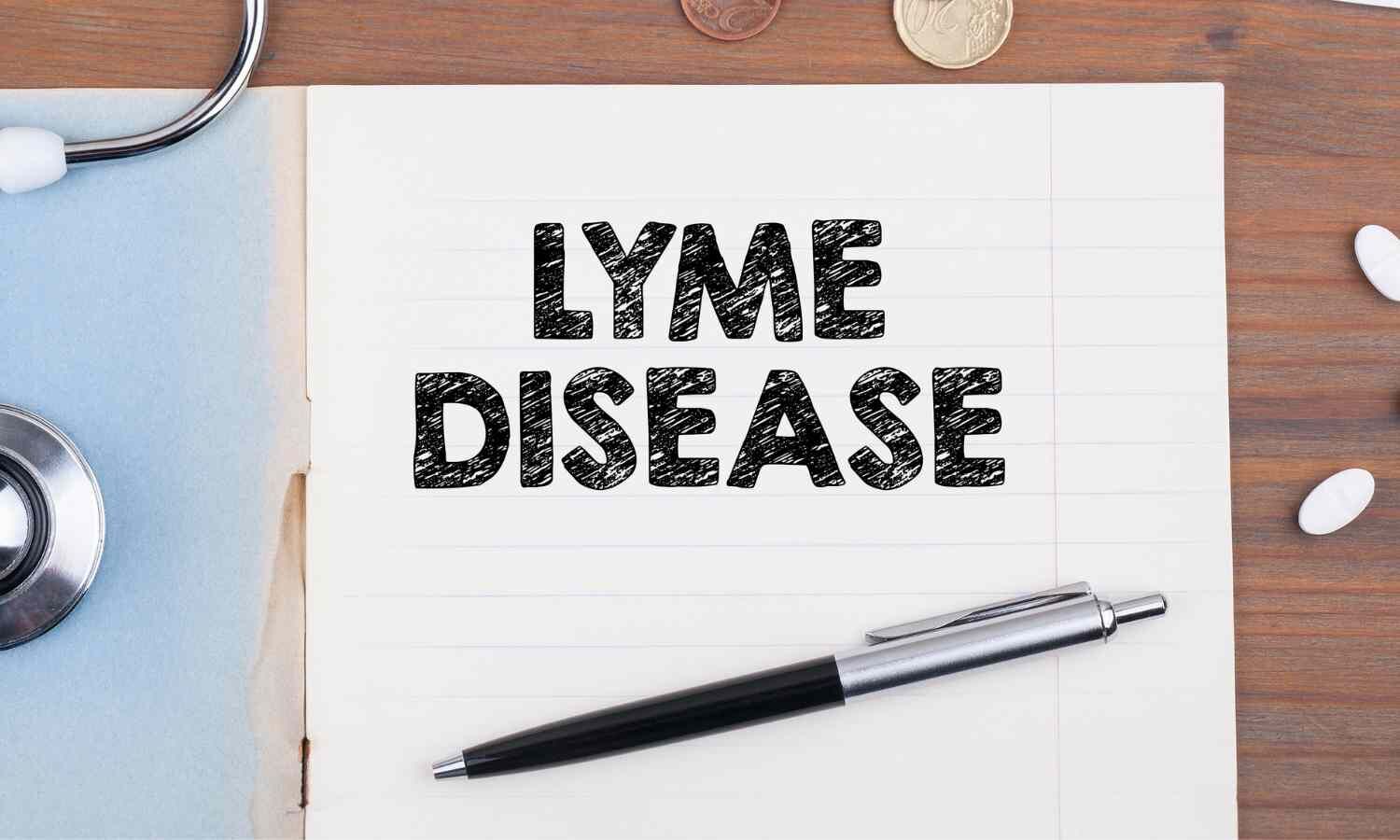Pharmaceutical Society of Ireland document says that price of professional services provided in pharmacies should be displayed ‘on a clear notice’ and included as separate cost on receipts
The cost to the consumer of all services provided by pharmacists – including dispensing fees – should be displayed clearly in pharmacies, according to draft guidelines.
The Pharmaceutical Society of Ireland (PSI) has launched a public consultation on the guidance, which aims to support enhanced price transparency in pharmacies.
The draft document calls for pricing information on professional services provided in pharmacies to be ‘displayed on a clear notice in a conspicuous place where a patient is likely to see it’.
It also says that receipts provided to customers should detail ‘costs associated with the supply of a medicine and/or the supply of the service, i.e. the cost of the product and the cost of the dispensing fee applied (where applicable), or the cost for any other professional service.’
The draft guidelines state that these are ‘minimum stated requirements’ to meet the primary principle of providing clear and accurate information to the public on the price of medicinal products.
The document comes after the PSI was requested by the Minister for Health to consider the development of appropriate guidance so that patients have an improved understanding of the fees that they pay in respect of the products they are dispensed and the services they use in pharmacies.
“The PSI considers that transparency in pricing for patients and members of the public is desirable as an aid to empower individuals to make informed decisions about their care,” said PSI registrar and chief officer Joanne Kissane.
“The purpose of the guidance is to support pharmacists and pharmacy owners in meeting expectations around pricing transparency and to make clear their obligations under relevant legislation and the pharmacists’ code of conduct.
“As pharmacy practice expands to provide more healthcare services to patients in the community, there is benefit in clarifying what should be displayed and communicated about prices and fees for professional pharmacy services.
The public consultation on the guidelines remains open until midnight on Sunday August 17. All feedback will be considered by the PSI before its board, known as the PSI Council, rolls out the official guidance later this year.
Meanwhile, the Irish Pharmacy Union has said that buying prescription-only medicines from unregulated websites poses serious risks to public health, with no oversight to ensure that the product is as described.

IPU president Tom Murray
The warning comes as recently published figures from the Health Products Regulatory Authority (HPRA) showed a 14 per cent increase in the seizure of illegal medicines in the past year.
“Online consultations have improved healthcare access, but purchasing medicines from unregulated websites is a potential disaster waiting to happen,” said IPU President Tom Murray.
“There are no safety checks, no oversight, and no guarantees about what is actually in the medicines.”
A recent survey commissioned by the IPU found that 32 per cent of people now look up healthcare-related information online, a trend that exposes people to growing risks particularly if it involves the purchase of medicines.
“Every medicine dispensed in a pharmacy complies with rigorous quality standards and has also been checked by a pharmacist to ensure it is safe and appropriate for the patient,” Mr Murray added.
“When you purchase a medication online from an unauthorised source there is no way of identifying if these products are genuine or counterfeit.
“There is no way of knowing if they meet the appropriate standards, whether they have the correct active ingredients or contain harmful substances. You could be taking something completely ineffective or dangerously toxic.”
Mr Murray concluded: “The message from pharmacists is clear; if the medicine you purchase is not from a registered pharmacy, do not take it. The potential damage to your health is not worth the risk.”










